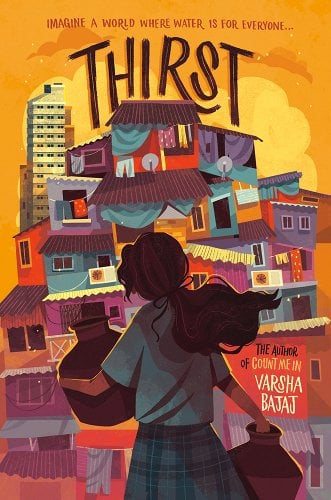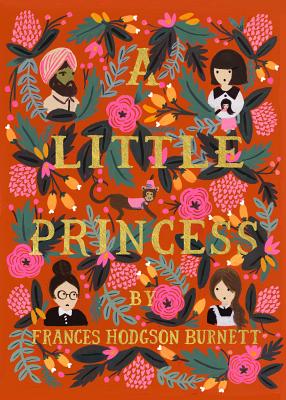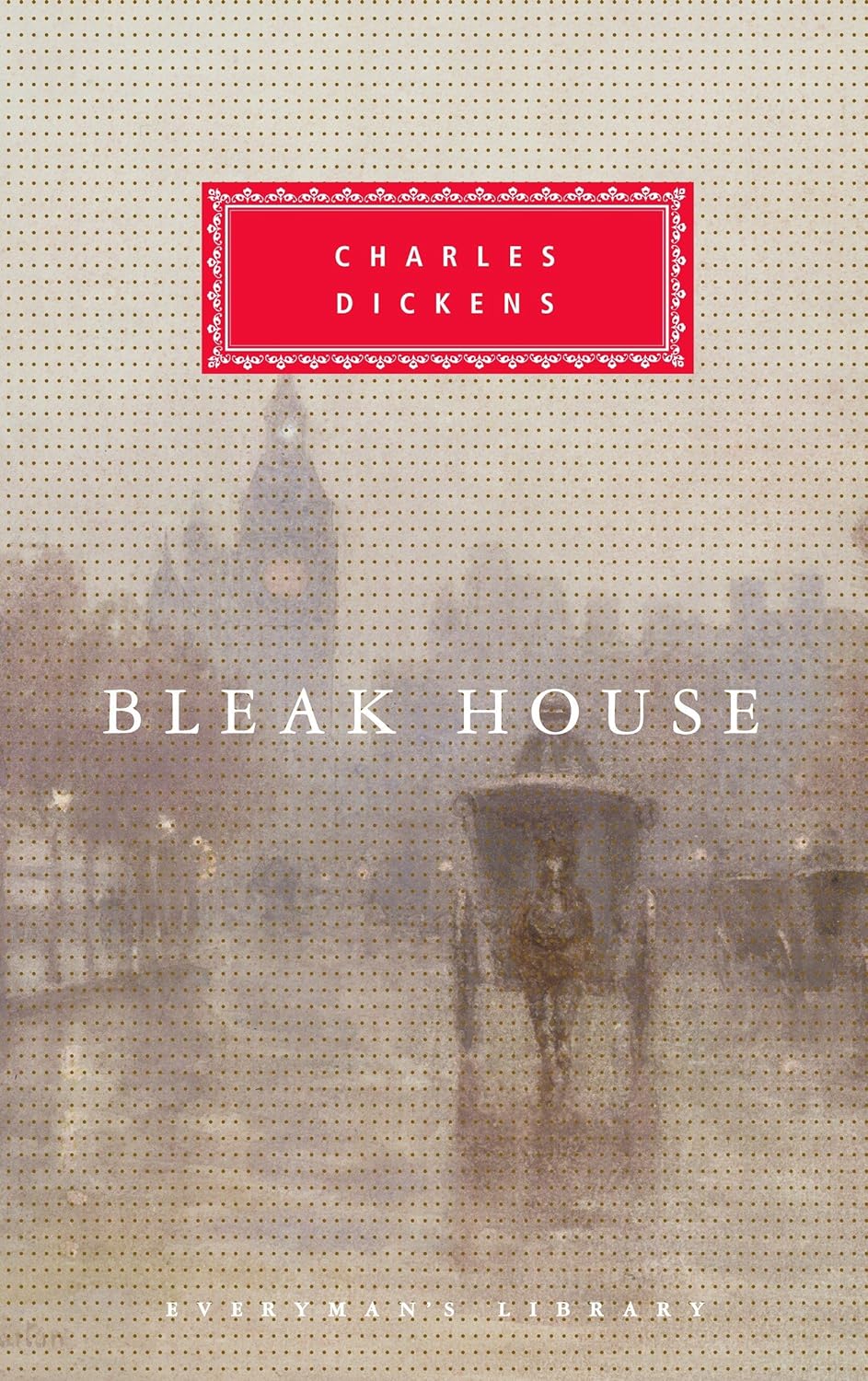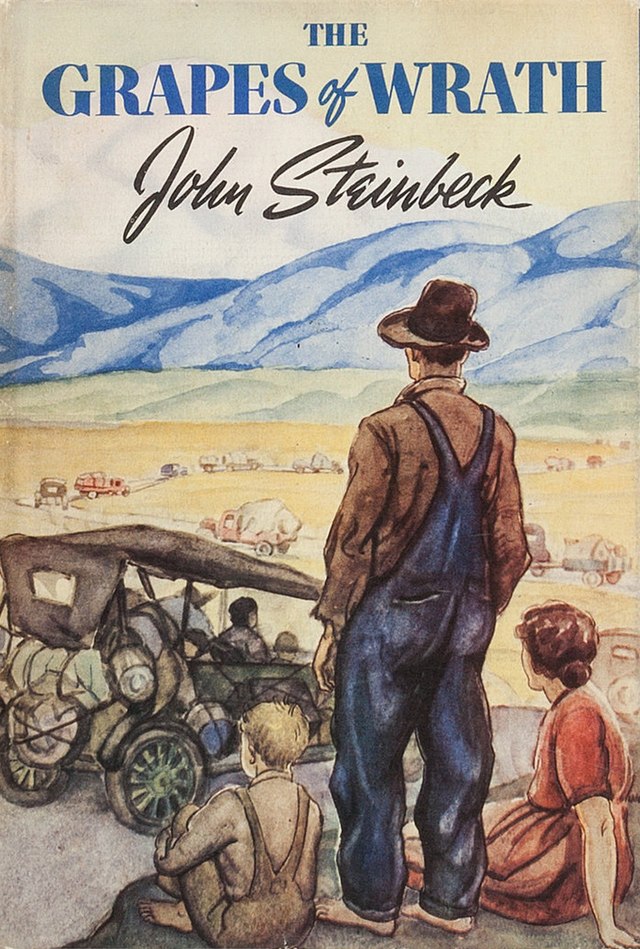And Then, Boom! by Lisa Fipps (Nancy Paulsen Books, May 2024) is a middle grade novel in verse centered on the neglected and poverty-stricken tween Joe Oak. Just as his surname suggests, Joe is a solid character able to adapt and survive even as life keeps throwing more challenges at him (those sudden moments of










1.jpg)


